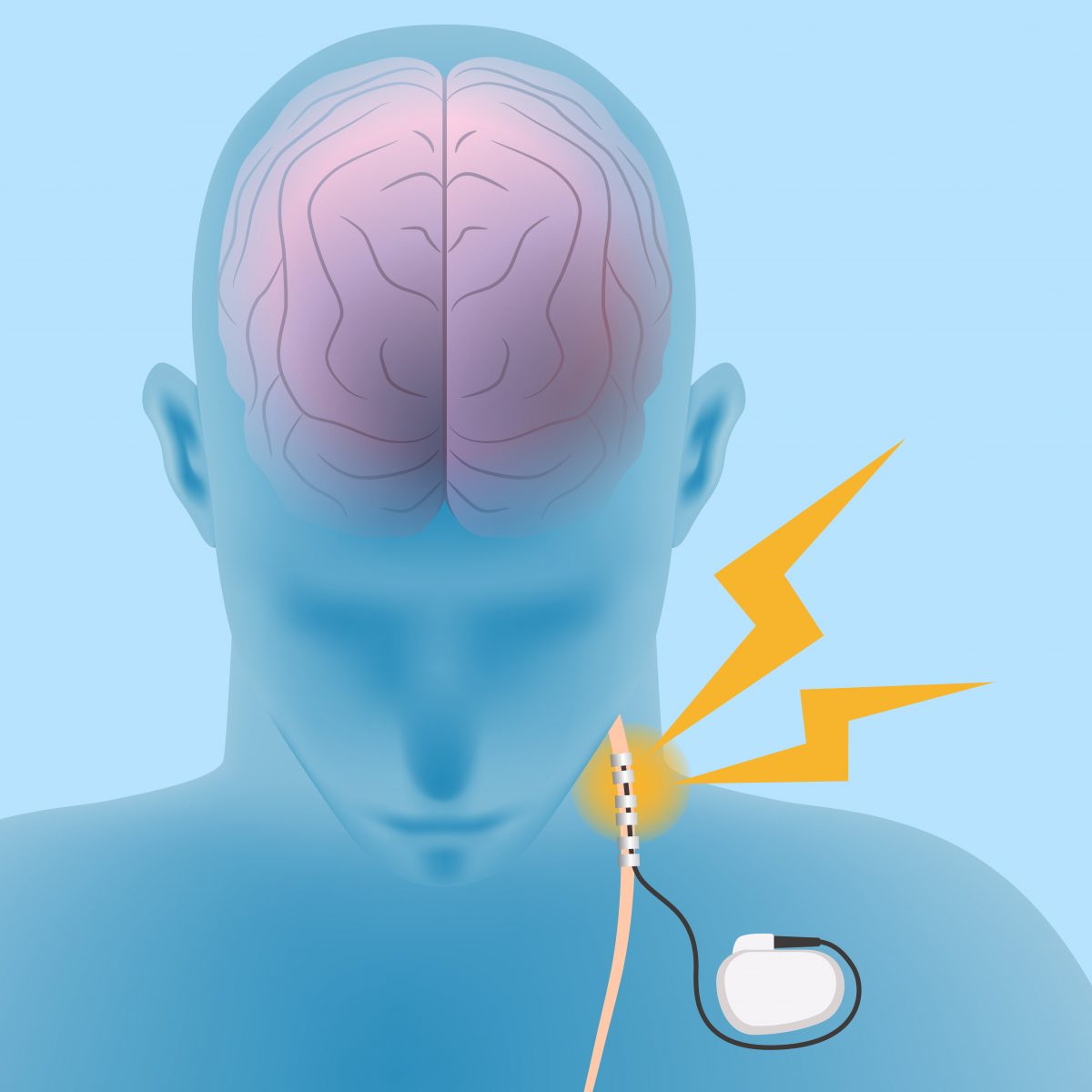Researchers Develop Bioelectronic Device to Minimize Pain and Fatigue in SLE Patients

Researchers from the Feinstein Institute for Medical Research have developed a bioelectronic device that is effective at reducing pain and fatigue in people with systemic lupus erythematosus (SLE).
The device is external and, unlike other bioelectronic devices, does not require surgical implantation. It works by sending electrical signals through a person’s ear, which are then transmitted to the vagus nerve — a large nerve that originates in the brain and branches out to the rest of the body. This has been shown to reduce tissue inflammation in human patients and animal models.
“Our study shows that vagus nerve stimulation significantly reduced pain and fatigue associated with lupus,” Cynthia Aranow, MD, medical research professor at the Manhasset, New York, institute, said in a press release. “We will continue to study this therapy and the mechanisms involved.”
The results of the pilot study were recently presented during a poster session at the American College of Rheumatology/Association of Rheumatology Health Professionals’ (ACR/ARHP) Annual Meeting in Chicago. The poster was titled “Engaging the Cholinergic Anti-Inflammatory Pathway By Stimulating the Vagus Nerve Reduces Pain and Fatigue in Patients with SLE.”
SLE, the most common form of lupus, is a chronic autoimmune disease characterized by a series of physical, behavioral, and psychological symptoms, including tissue inflammation, skin rash, pain, fatigue, depression, and impaired cognition.
Even though disease flare-ups and inflammation can be controlled with immunosuppressants (medications that prevent the over-activation of the immune system), these are not effective for all patients and are often associated with multiple side effects.
In this pilot study, researchers tested the safety and efficacy of vagus nerve stimulation (VNS) using the device, assembled by biotech engineers from the Center for Bioelectronic Medicine’s Bioelectronics and Biosensing Lab at the institute, in an attempt to minimize pain and tissue inflammation in SLE patients.
This new therapeutic strategy builds on previous data generated at the Feinstein Institute showing the potential of bioelectronic therapies in the treatment of other medical conditions, including rheumatoid arthritis, paralysis, Crohn’s disease, and diabetes.
“We took the stimulation parameters — the frequency, duration and the intensity of the electrical pulses — identified by previous Feinstein Institute studies on the vagus nerve and immune system, and employed an external stimulation device that pulses through the ear,” said Timir Datta-Chaudhuri, PhD, assistant professor at the Bioelectronics and Biosensing Lab.
“Many bioelectronic medicine devices are surgically implanted, and we wanted to see if an external device would be as effective, providing patients with an alternative to surgery. The initial results here suggest that our device has the potential to help patients. Further studies are needed to confirm this result,” Datta-Chaudhuri said.
The study enrolled 18 SLE patients who were randomly given either VNS through the ear (12 patients) or sham stimulation (the patients wore the device, but it did not emit any electrical pulses; six patients). Each stimulation session lasted five minutes per day and was performed on four consecutive days.
The pain scores, SLE disease activity, and levels of fatigue were evaluated before and after stimulation, and at five and 12 days later.
Data revealed that after five days, SLE patients who received VNS had a significant decrease in pain and fatigue compared to those who received sham stimulation. These positive effects lasted until day 12.
“This study highlights the importance and success of a clinician/engineer partnership to bridge the gap between technology and treatment,” said Kevin J. Tracey, MD, president and CEO of the Feinstein Institute. “The Feinstein Institute is uniquely committed to this expertise by its leadership in the field of bioelectronic medicine. Advances in molecular mechanisms targeted by bioelectronic technology is improving the lives of patients.”






